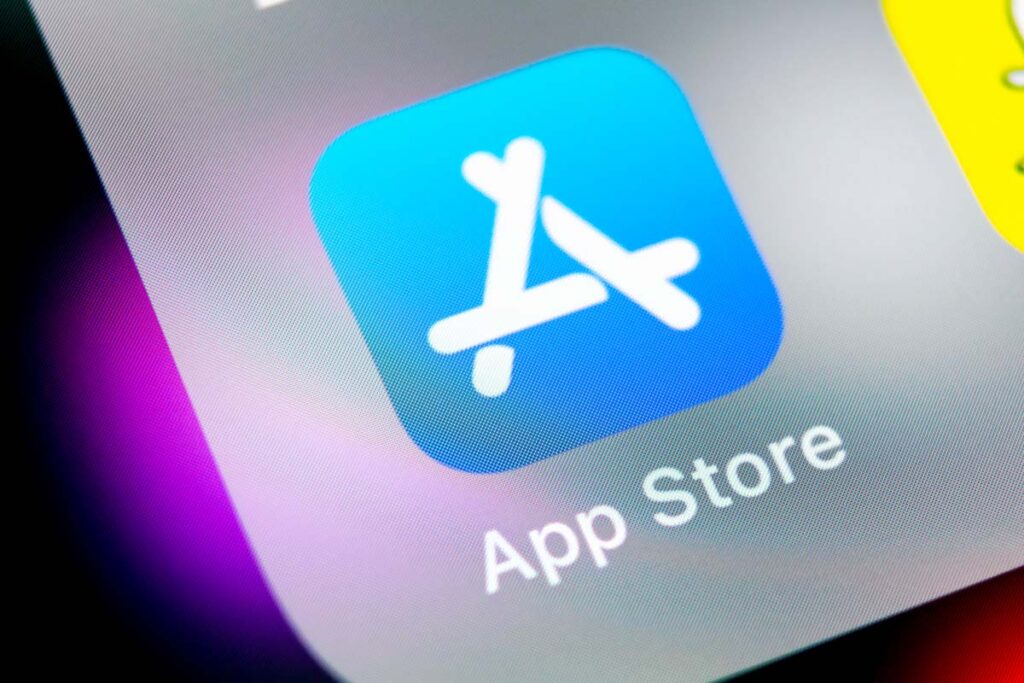
Update:
- A California federal judge set a February 2026 trial date in a class action lawsuit filed against Apple over claims the company’s App Store policies cause iPhone users to pay more for apps.
- Consumers argue Apple’s app commissions structure and requirement that iPhone users install apps exclusively from its App Store lead to artificially inflated prices.
- The judge did not weigh in on Apple’s request, filed before the hearing, to pause certain discovery while it appeals the recent class certification decision.
- Apple argues the discovery would create “profound” privacy risks and that the class certification should be reviewed by the 9th Circuit.
(July 9, 2019)
A federal court judge said she is thinking about relating two antitrust cases that are similar in nature, both accusing Apple of monopolizing the distribution of applications in its App Store.
Apple had filed a motion to have the two cases (one by customers and another filed by developers) combined as related, but the judge decided that, “in the interest of fairness,” the court will require briefing from the two parties.
This consumer class action lawsuit has a long history, including a 9th Circuit opinion that reversed a district court opinion dismissing the case. In addition, the U.S. Supreme Court also ruled in May of this year that Apple would have to fight the consumer class action lawsuit.
After the U.S. Supreme Court ruling, a new class action lawsuit was filed in June by Apple App developers, who accused the company of monopolizing its App store.
Apple has argued that the two cases (the one filed by consumers and the one filed by developers) should be marked as related.
The developer plaintiffs argued in a memorandum that their case is different than the lawsuit that had been filed years before by customers.
In their motion, the developer plaintiffs allege “that Apple has improperly acquired and maintained monopoly (or, alternatively, monopsony) power as it pertains to the distribution of iOS apps and digital products (including subscriptions) sold in-app.”
The developer plaintiffs say that their class action complaint was filed just three weeks before Apple filed a motion to relate the cases. They also state that the consumer class action complaint was filed more than seven years ago.
The developer plaintiffs state that the consumer class action “contains no allegations regarding overcharges in the purchase of in-app products or subscriptions” and that the developer “plaintiffs do allege injury related to in-app purchases, including subscriptions.”
In addition, the plaintiffs in the consumer class action lawsuit also filed a motion to keep the two cases separate. They claim that, “Although the plaintiffs in both cases assert antitrust claims against Apple that concern, in different manners, Apple’s monopolization of the distribution and sale of iPhone apps, the similarity ends there.”
The plaintiffs in the consumer class action lawsuit also state that the parties in both cases are different. In addition, they argue that the claims in both lawsuits are not the same, nor are the “relevant markets, or the impact and damages.”
The judge overseeing the consumer class action lawsuit said about the two cases: “Here, the defendant in both cases is the same. The plaintiffs differ and their relationship to the defendant also differs. However, each case stems from the use of the exact same technology and the economics regarding that same technology.”
The judge also ruled that, “Significant economies exist where management of the cases and resolution of motions are inextricably tied to an understanding of the technology and the transactions at issues.”
The plaintiffs in the consumer class action lawsuit are represented by Mark C. Rifkin, Matthew M. Guiney and Rachele R. Byrd of Wolf Haldenstein Adler Freeman & Herz LLP.
The Apple antitrust class action lawsuit is In re: Apple iPhone Antitrust Litigation, Case No. 4:11-cv-06714 in the U.S. District Court for the Northern District of California.
Don’t Miss Out!
Check out our list of Class Action Lawsuits and Class Action Settlements you may qualify to join!
Read About More Class Action Lawsuits & Class Action Settlements:




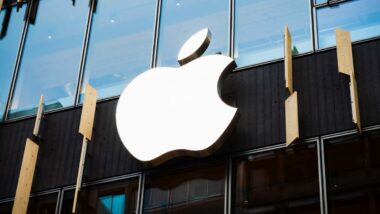
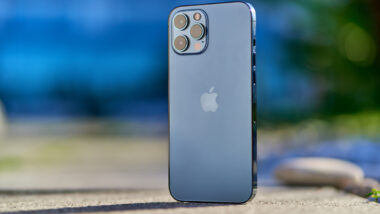
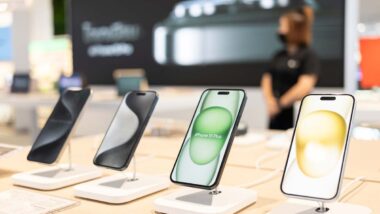
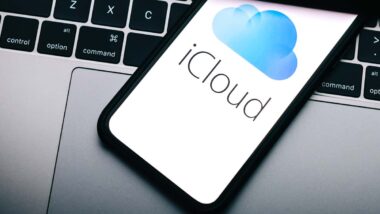
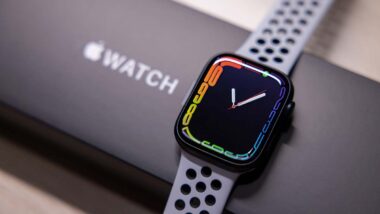

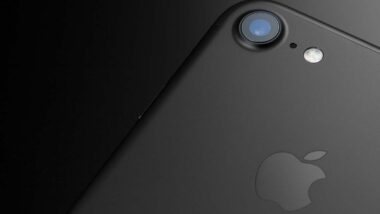
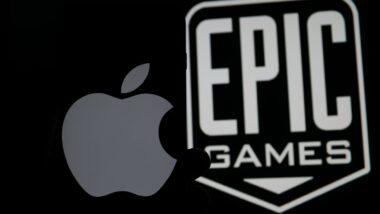
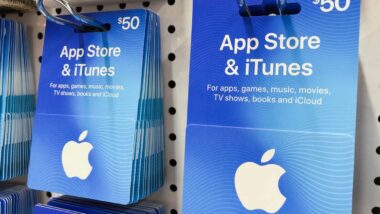

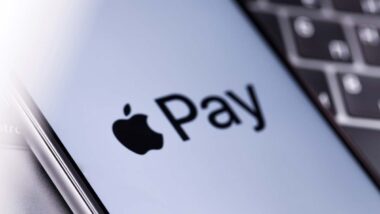
8 thoughts onJudge sets February 2026 trial date in Apple antitrust class action
Please add me
add me please
add me please
I’ve used only apple products for years. Please add me.
Add me I had apple for years
Add me
I have been with apple for 10 years. Please add me
Please add me.